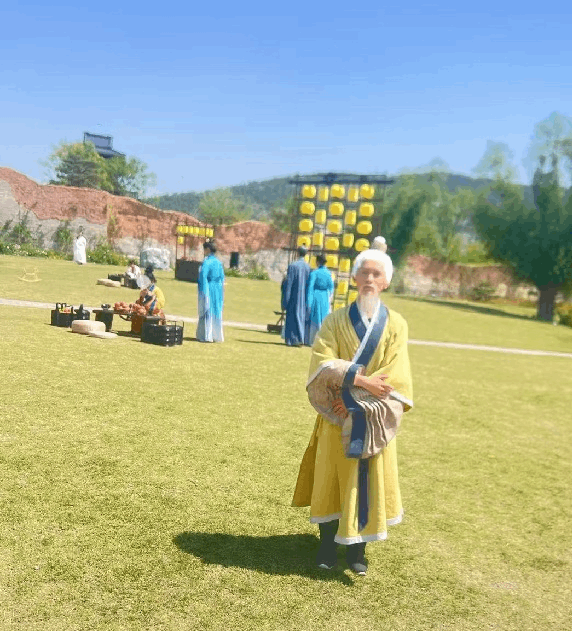
Monica Cheru-Managing Editor
I recently found myself in Qufu, Shandong Province, touring a whole village dedicated to a man who lived over 2,000 years ago.
I was honored to be among the few privileged to tour the Lu Yuan Village before it opens up to the public.
Every inch of the Confucius-dedicated tourism village is curated to pull you into his world.
The immersive experience features scholars in robes quoting the Analects like scripture and actors bringing pastoral scenes to life.
But the village is not just a throwback. It seamlessly fits the past into the present and future with modern technology carefully blended in. It is part of a town dedicated to keeping Confucius' legacy alive and relevant. There is a temple that is a shrine with centuries-old rituals performed regularly and a giant statue of the philosopher.
Deeply bowing back to a suitably serious and benevolent-looking Confucius actor, I felt lost and disenfranchised.
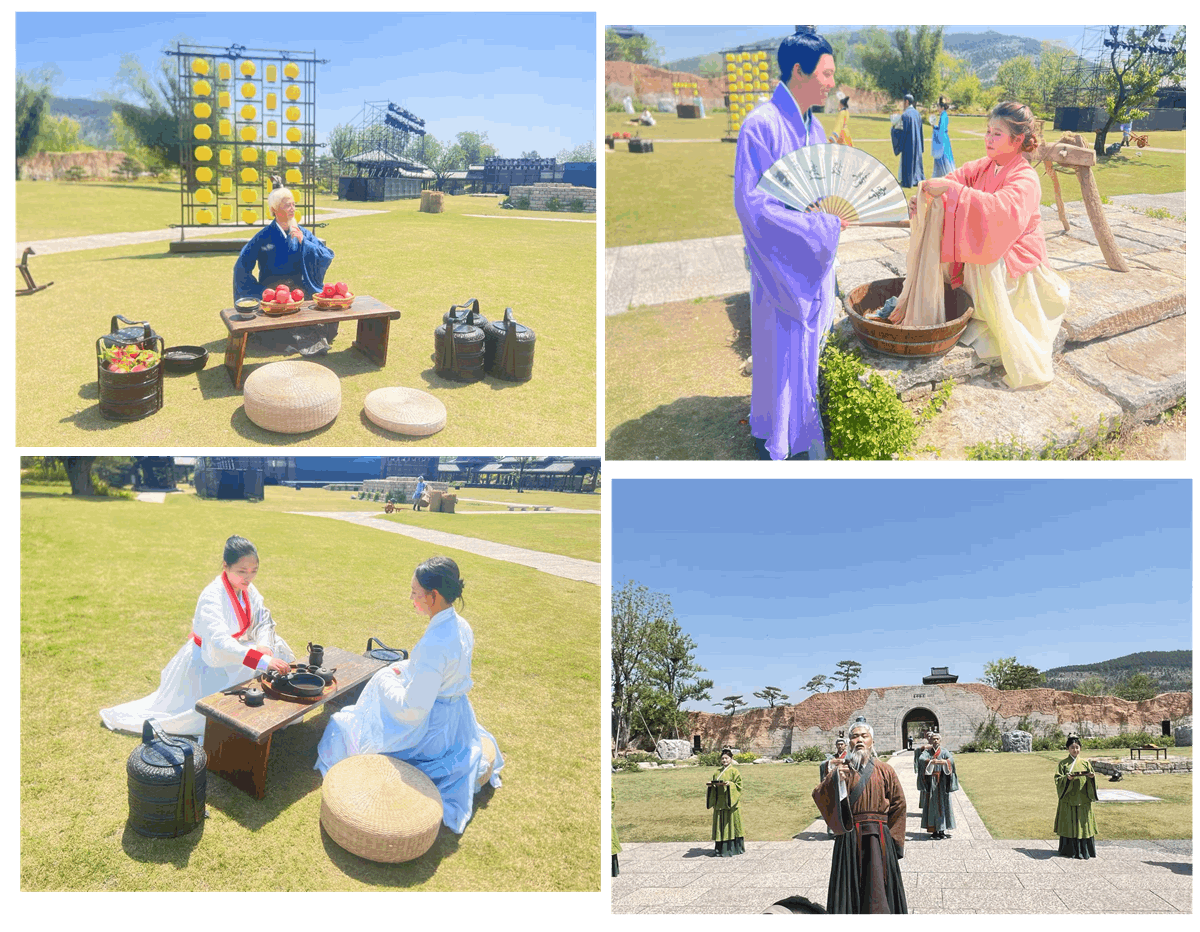
Why can’t I access Mbuya Nehanda in the same way?
Why are our kids, desperate to confirm their spiritual identity, being forced to follow some dubious Manjuzu cults because they can find no clear path to their roots?
Why does Mbuya Nehanda stand frozen in bronze in Harare but have no accessible shrines, no immersive space, and no living tribute that tells her story beyond textbook paragraphs? Why are Kaguvi and Mukwati just names of buildings?
Related Stories
Why is Great Zimbabwe just an old ruin that the kids find dull and boring instead of a living, breathing symbol of what we once were—and what we could still become?
The custodians of our national monuments and tourism need to wake up. We need to add “kathat” to our sites.
China has turned Confucius into a world brand. He’s teaching in Confucius Institutes across the globe, influencing diplomacy, education, and even business culture.
But most important of all, Confucius is a guiding light for the 1.4 billion Chinese population, giving them an integral cultural peg for their identity and shaping the mentality that has made them the fastest-developing nation in the world.
We cannot continue to talk of Ubuntu/Hunhu as a people while we decry the decay of our moral fabric without taking action.
We need to anchor ourselves, give moral cement to our young generations so that they can take agency of their destiny with pride and confidence.
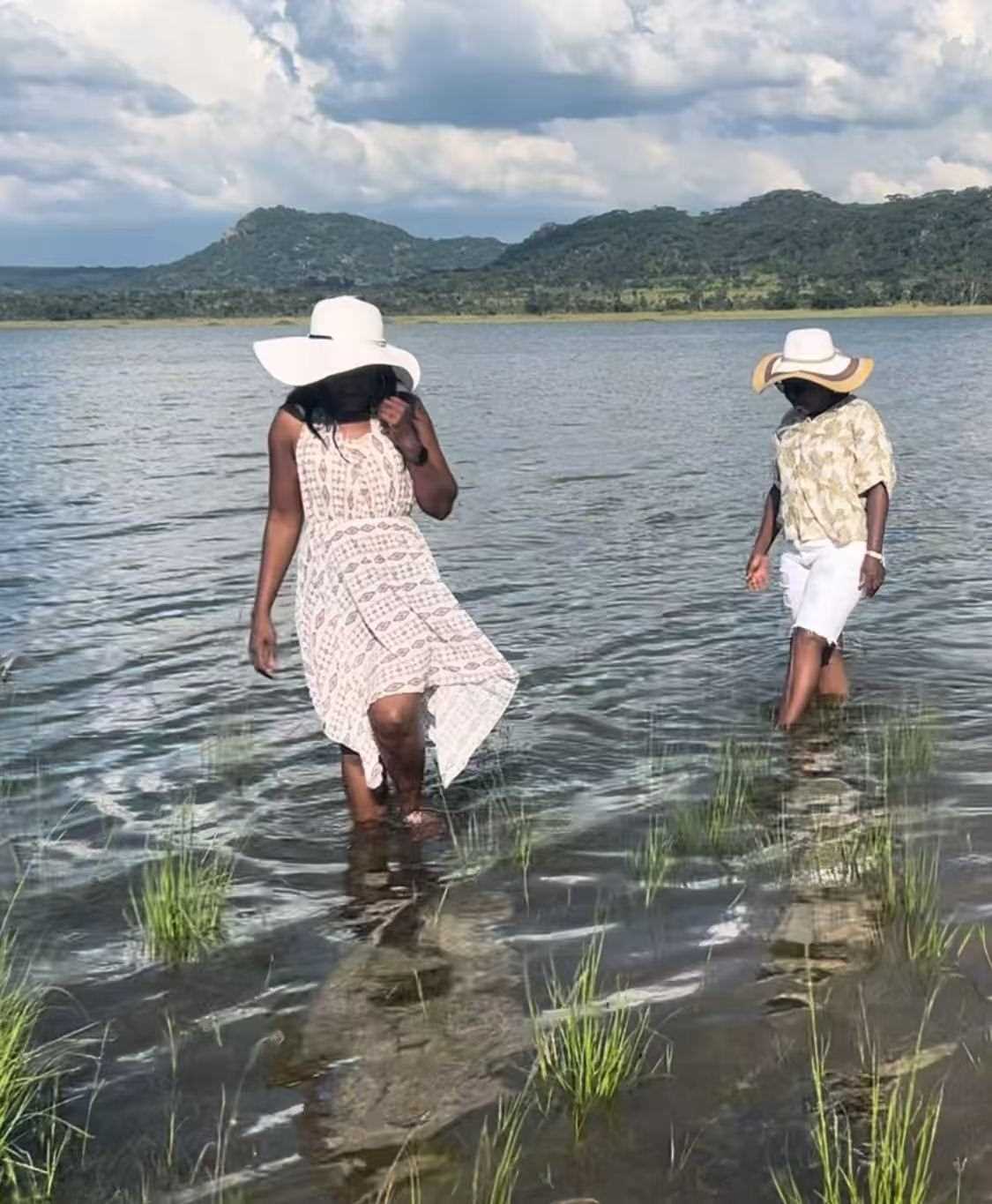
Let’s bring to life our sacred rain rituals and stone cities that predate colonial contact.
Beyond the official responsibility, there is business potential for those with the vision to grab storytelling opportunities and shape the national brand.
The immersive cultural experience is not a reinvented wheel but a tried and tested business model. With AI and modern technology, there is no limit to what one can create.
Cultural memory isn’t just about the past—it’s about power. Who gets to shape the story? Who profits from it? Who learns from it?
Let’s stop sitting on our heaps of spiritual and philosophical gold—and treating it like scrap. It’s time to sift the nuggets and let them glitter.






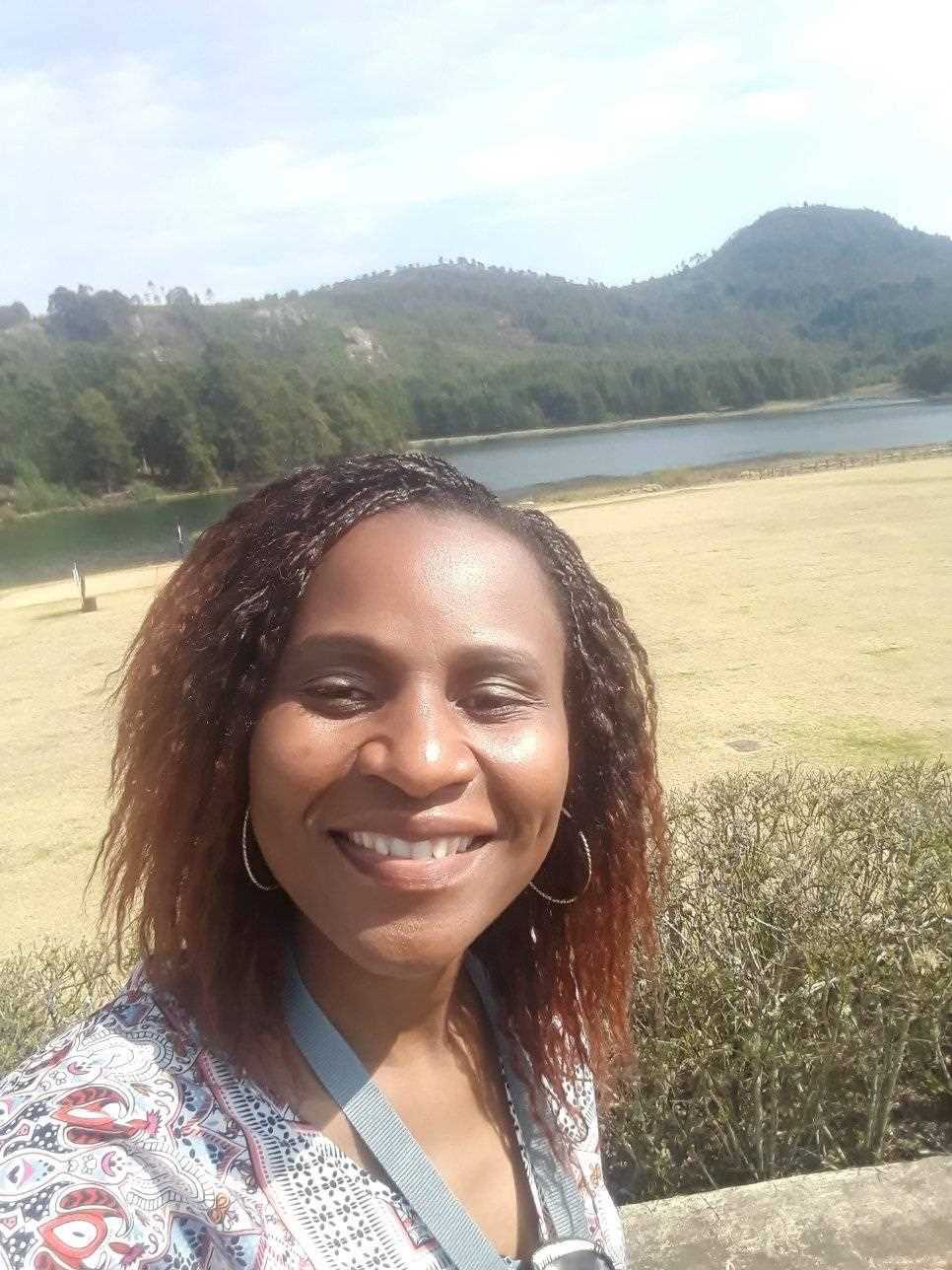









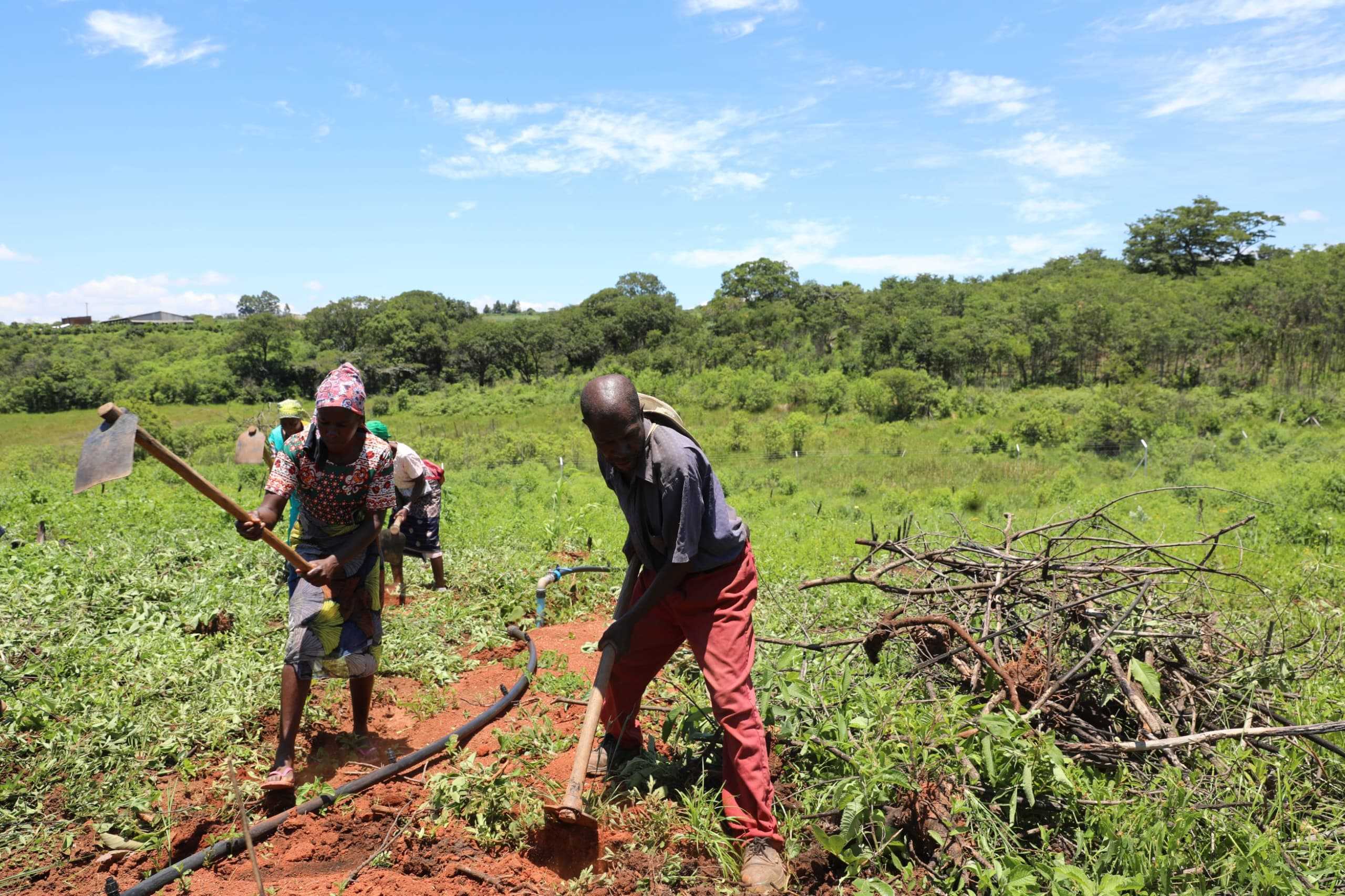



Leave Comments